Diversity in the past
The materials in this section are all focused on the choices that teachers have to make about the substantive content of their curriculum. The diversity that all students encounter within the past – the range of specific individuals and groups of people about whom they learn – and the ways in which different topics are treated within the curriculum are known to impact on the extent to which young people engage with school history and on the connections that they see between past and present. The resources in this section illustrate different ways in which teachers have increased the diversity of their curriculum – paying more attention, for example, to women other than monarchs in the early modern period; examining the work of Black British civil rights campaigners; or questioning the stereotype of the English ‘Tommy’ in examining who fought for Britain on the Western Front. Teachers will need to develop their own subject knowledge if they are to teach more diverse pasts and many of these resources help to provide some of that new knowledge or show where it can be found.
-
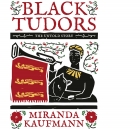
Triumphs Show 173: Teaching Black Tudors
ArticleClick to view -

Triumphs Show: Diversifying the curriculum at A-level
ArticleClick to view -
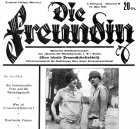
Triumphs Show: Recovering the queer history of Weimar Germany in GCSE history
ArticleClick to view -

Uncovering the hidden histories: black and Asian people in the two world wars
ArticleClick to view -

Understanding Key Concepts: Diversity
ArticleClick to view -

Using fictional characters to explore the relationship between historical interpretation and contemporary attitude
ArticleClick to view -
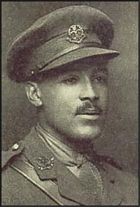
Walter Tull: Sport, War and Challenging Adversity
ArticleClick to view -

West Indian Soldier: Learning resources from the National Army Museum
8th October 2021Click to view -

What Have Historians Been Arguing About... immigration in French history
ArticleClick to view -

What Have Historians Been Arguing About... Modern British LGBTQ+ history
ArticleClick to view -
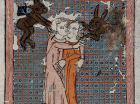
What Have Historians Been Arguing About... gender and sexuality
ArticleClick to view -
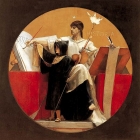
Where are we? The place of women in history curricula
ArticleClick to view -

Whose past is it anyway? Telling Russian and Soviet history through diverse Jewish voices
ArticleClick to view -
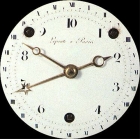
Why are you wearing a watch? Complicating narratives of economic and social progress
ArticleClick to view -
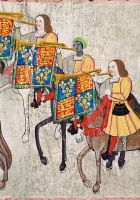
Widening the early modern world to create a more connected KS3 curriculum
ArticleClick to view -
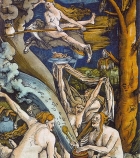
Witchcraft - Using fiction with Year 8s
ArticleClick to view -
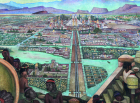
Year 7 challenge stereotypes about the Mexica
ArticleClick to view -

Year 7 explore the story of a London street
ArticleClick to view -

Year 7 use oral traditions to make claims about the rise and fall of the Inka empire
ArticleClick to view -

‘But they just sit there’: using objects as material culture with Year 8
ArticleClick to view

